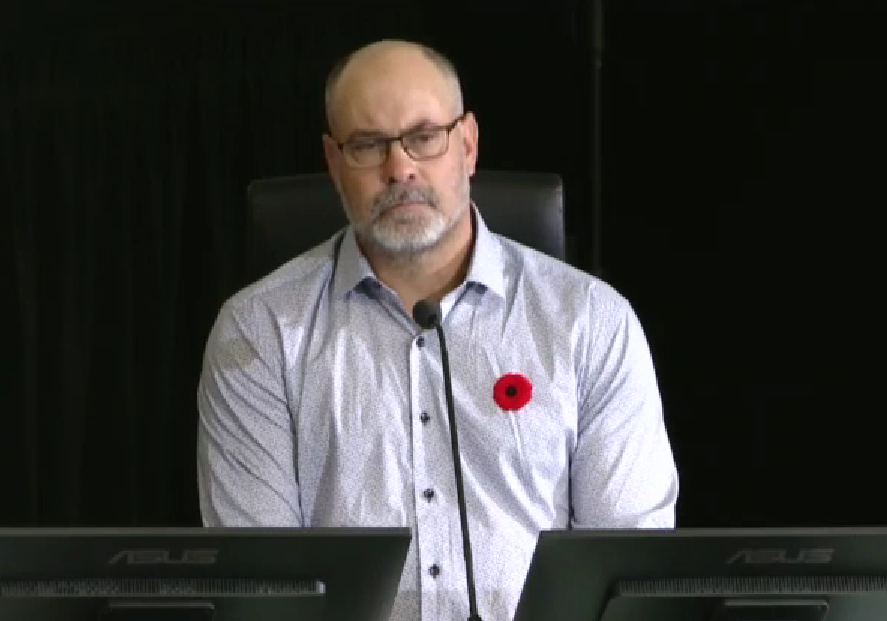A Movement Like No Other
In a country often defined by its peaceful demeanor and polite discourse, the Chris Barber Freedom Convoy emerged as a seismic event that shook the foundations of Canadian political and social life. What began as a protest against vaccine mandates morphed into a nationwide phenomenon, attracting supporters from varied backgrounds and sparking heated discussions across the nation. The story of this convoy is not just about trucks and honking horns; it represents a complex web of dissent, unity, and division.
Who Is Chris Barber?
Chris Barber, a local trucker from Saskatchewan, quickly became one of the faces of the Freedom Convoy. His rise to prominence illustrates how grassroots movements can sometimes elevate ordinary citizens to the forefront of national dialogue. Barber once stated, “We didn’t just wake up one morning and decide to start a protest. This was a culmination of frustration that many Canadians feel but few have articulated as bravely.” His words resonate with a segment of the population disillusioned by government mandates and a perceived lack of transparency.
The Power of Online Communities
Social media platforms played a crucial role in galvanizing support for the Freedom Convoy. Posts shared on Twitter and Facebook went viral, with thousands expressing solidarity using the hashtag #FreedomConvoy. This online energy translated to real-world action, leading to significant gatherings in major cities across Canada. Recent statistics show that approximately 70% of Canadians had heard about the convoy, illustrating its immediate impact. Supporters praised the convoy for its focus on individual freedom, while critics decried it as a challenge to public health measures.
Public Reaction: A Divided Nation
The reaction to Chris Barber and the Freedom Convoy has been a poignant reflection of Canada’s political landscape. Polls indicate that Canadians remain split on the convoy’s effectiveness and motives. A recent survey found that 45% of Canadians supported, albeit cautiously, the call for more dialogue surrounding mandates, while 35% outright rejected the convoy’s actions. This division suggests not just a rift in opinions about public health but also deeper questions about trust in government and the balance between individual liberties and community safety.
Can the Convoy Influence Policy?
As the Freedom Convoy continues to be a focal point in the national conversation, its long-term implications could shape future Canadian policies. Will politicians seize the opportunity to address the concerns raised by Barber and his supporters, or will they dismiss it as a transient moment of radicalism? The fact remains that the events surrounding the convoy represent a broader call for engagement in democratic processes.
Looking Forward: Where Do We Go from Here?
As Edmonton trucker Chris Barber prepares for what he describes as an “unwavering commitment to fighting for freedom,” the lessons from this convoy are still being unravelled. The dichotomy of freedom and responsibility presents itself starkly in a climate where public health has become a government touchstone. Policymakers will have to consider if they are willing to engage with these concerns or risk further polarization. The Freedom Convoy is more than a protest; it may be a defining moment in the evolution of modern Canadian identity and activism.
